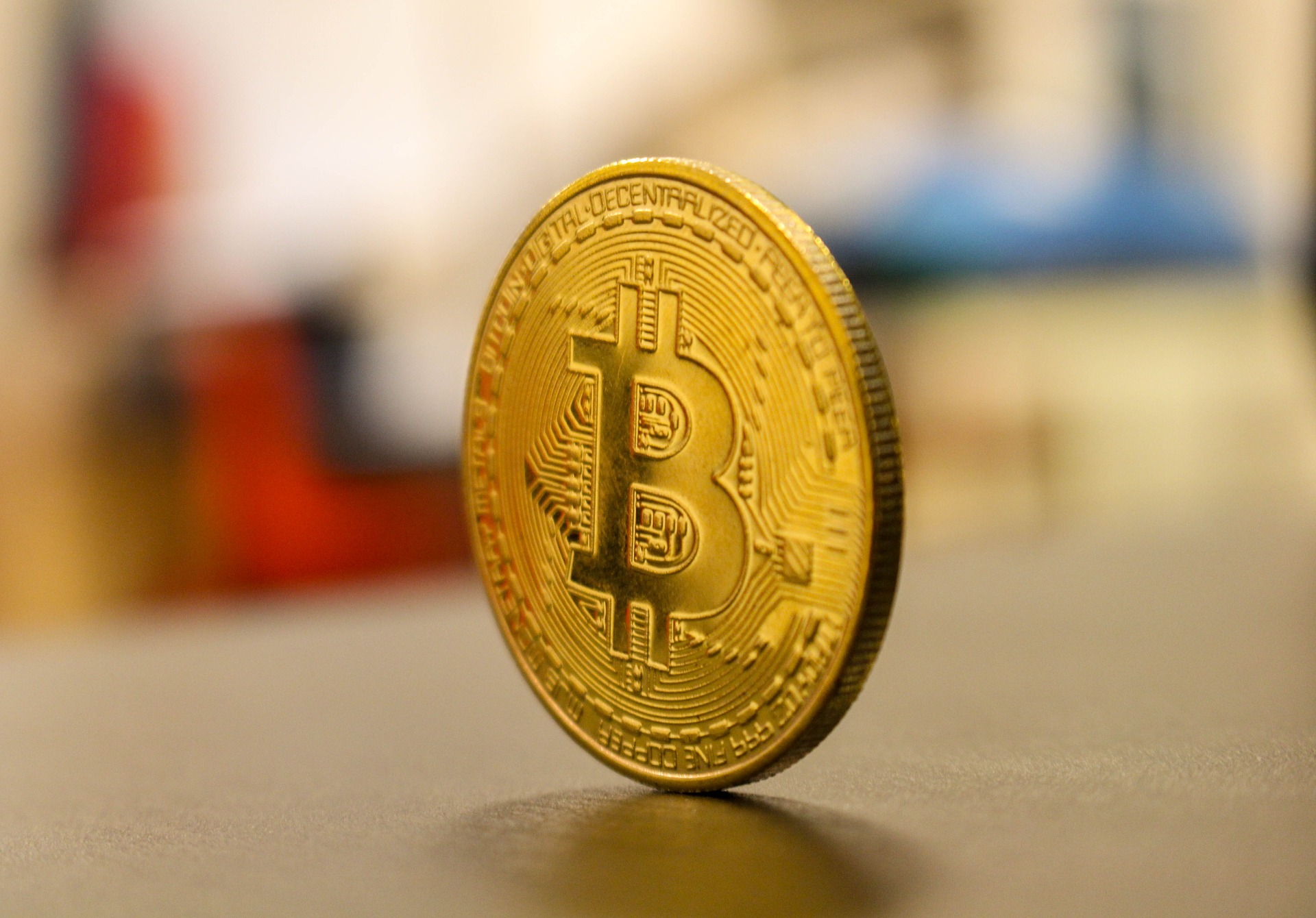Privacy Protection When Using Bitcoin

Contrary to what some people may think, Bitcoin works on a high level of transparency. All Bitcoin transactions occur on the blockchain network, permanently storing the data on a shared digital ledger. However, Bitcoin addresses are the only information accessible to users, showing the allocation of Bitcoins and where users have sent them. Those addresses are unique and privately generated by the wallets of every user.
The addresses can become tainted once you use them, based on the history of transactions. Bitcoin addresses cannot remain wholly untraceable since users have to reveal their identities when receiving goods or services ordered online. While blockchain is permanent, certain small things not currently traceable could become very easy to retrieve in the future. That is why Bitcoin has also outlined ways to protect your privacy when using Bitcoin.
Use New Addresses to Receive Payments in Bitcoin
One of the most effective ways to enhance Bitcoin transactions' privacy is through using a new address for every transaction. Doing so enables you to keep the transaction data isolated so that it would not be possible to link them to a particular address. That would mask your identity and transaction data on the blockchain network, making it almost impossible to trace.
Use Multiple Bitcoin Wallets for Different Purposes
As envisioned by Bitcoin founder, Satoshi Nakamoto, using multiple Bitcoin wallets for different transactions can also help secure your data and Bitcoins from the threats of hackers. For instance, if you already have a Bitcoin wallet with a crypto trading platform like british bitcoin profit , you should only reserve it for such transactions. If you want to send a payment for goods or services, you should generate another Bitcoin wallet for doing so.
The Bitcoin users who send money to your Bitcoin wallet cannot access the other Bitcoin addresses they own or the transactions conducted with them.
Be Cautious When Using Public Platforms
Even if you intend to receive public payments in full transparency, publishing your Bitcoin address on shared platforms is a bad idea. That could significantly jeopardize your privacy. If you have to do it, keep in mind that moving any funds through that address to any of your other Bitcoin addresses could taint the history of that public address. It would help if you were also careful not to publish any information about your Bitcoin transactions or payments, enabling someone to trace your identity.
Consider Using an Anonymous Web Browser
Bitcoin works on a peer-to-peer network, which means others can listen to transaction relays and log your IP address. Full nodes usually handle transactions' relays of their users, just their own. As a result, it is easy to mistake Bitcoin nodes as the source of transactions that originate from totally different nodes. Masking your computer's IP address using tools like the Tor browser makes it impossible to log, keeping your personal and transaction data secure.
Future Privacy Protection Measures
As Bitcoin's adoption continues to grow, we can expect many privacy protection improvements. For example, current efforts with the payment messages API will prevent tainting multiple Bitcoin addresses during payments. Bitcoin developers have expressed they might implement Bitcoin Core in other wallets in the future.
Bitcoin developers may also improve graphical user interfaces to ensure user-friendly features for requesting payment and discouraging the re-use of Bitcoin addresses. Research is also underway to develop other additional privacy features, such as linking together transactions from random users.
Bitcoin and its underlying blockchain technology have already proven their effectiveness in ensuring high-level privacy protection for all users. However, you should also keenly observe the above guidelines and adopt good practices to uphold the safety and security of your Bitcoin transactions.
(Devdiscourse's journalists were not involved in the production of this article. The facts and opinions appearing in the article do not reflect the views of Devdiscourse and Devdiscourse does not claim any responsibility for the same.)










